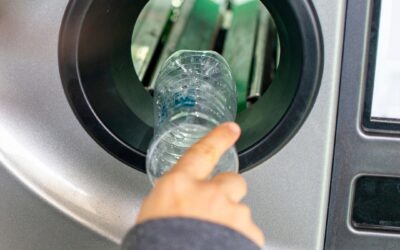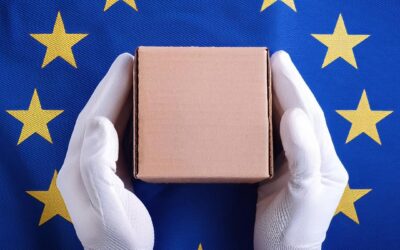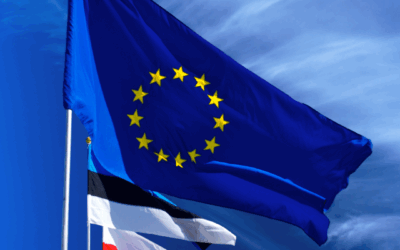When will Italy introduce the single-use plastic tax?

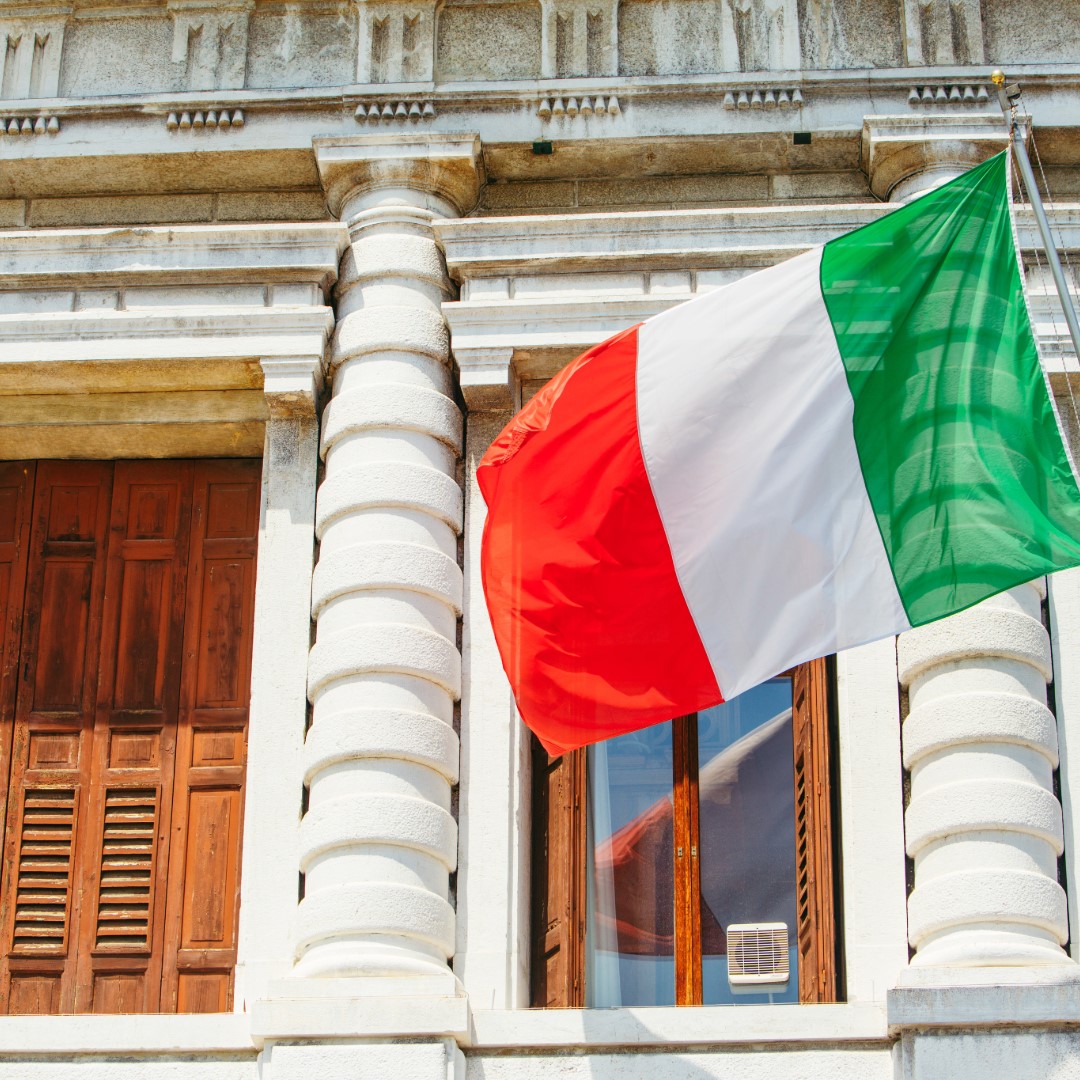

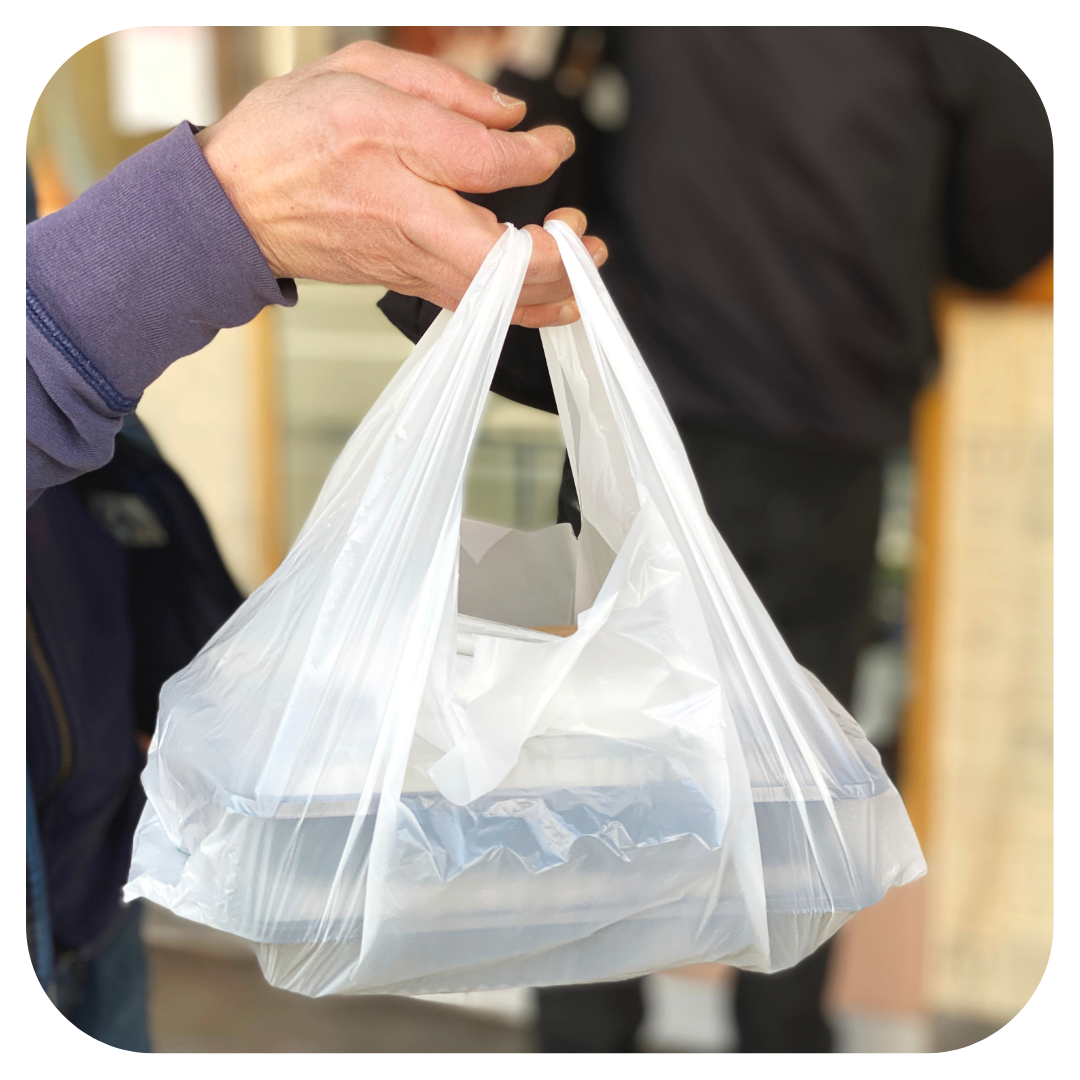
The introduction of the single-use plastic tax in Italy was originally planned for July 2020. It has now been postponed for the sixth time and is due to come into force on 1 July 2024. The tax aims to tax single-use packaging and plastic products. In this article, we explain what legal changes retailers can expect for their shipments to Italy as a result of the introduction of the tax.
Single-use plastic tax in Europe: what's behind it
The EU Single-Use Plastics Directive aims to create standardised regulations within the EU to reduce the impact of certain plastic products on the environment. For example, the use of certain single-use plastic products such as stirrers and drinking straws has been banned. In addition, the so-called plastic levy was introduced in 2021.
It is a further means of reducing the environmental risks posed by plastic pollution and serves, among other things, to protect the environment and promote the circular economy. The focus in the EU is on plastic packaging waste. The plastic levy obliges all EU member states to make a payment (plastic levy), which is calculated based on the amount of non-recycled plastic waste.
Due to the lack of EU-wide guidelines for implementing the levy, there is a patchwork of regulations and legislation. This makes it difficult for international retailers and companies to sell their products in different EU countries. It is therefore all the more important to familiarise yourself with the respective legislation of the countries at an early stage so as not to miss any deadlines or new requirements.
Plastic tax in Italy: implementation and effects
To finance the EU plastic tax, the Italian Budget Act 2020 (Law 160/2019) passed the plastic tax on 27 December 2019. Among other things, this applies to single-use plastic packaging and plastic devices used for the closure, marketing and presentation of single-use items. Exceptions apply to packaging made from compostable plastics and packaging for medical articles, as well as recycled plastic material.
Who has to pay the tax?
All companies that manufacture or distribute the aforementioned products in Italy and are based there are taxed. Traders from other member states who import goods into Italy and sell them to private end customers are also liable to pay tax. Companies without a registered office in Italy must appoint a (jointly and severally liable) tax representative in Italy to fulfil their obligations.
What retailers should bear in mind
With the planned introduction in July, the Italian tax will amount to €0.45 per kilogramme of new plastic contained, with an exemption for amounts under €25. It is intended to incentivise the use of environmentally friendly packaging options. If the plastic tax is not paid properly, taxable traders face heavy fines. These can be between two and five times the amount of the unpaid tax. Penalties may also be imposed for late payments.
Although the further postponement of the introduction in Italy raises questions about implementation and effectiveness, it is to be hoped that the early introduction will represent a further step towards more sustainable practices in the packaging industry in the interests of sustainability. The plastic tax is also being discussed in other countries. Companies that operate in more than one EU member state should therefore regularly check the applicable national regulations. You can find out which regulations currently apply in Spain or Germany in our blog.

LIZENZERO.EU makes packaging compliance in Europe very easy.
Do you ship your products to different countries in the EU? Many different legal requirements and obligations can make the whole thing quite complicated – but don’t worry, we’ll do it for you. How do we do it? With our licensing service, we take over all obligations for you by power of attorney. Sounds good? We’ll be happy to advise you.
For shipping to Germany, you can easily fulfill your packaging obligations yourself via Lizenzero.de.
Deposit systems in the EU explained
Deposit systems show that simple solutions help to keep packaging in circulation and increase recycling rates. However, there are major differences within the EU: while countries such as Germany, Sweden and Finland have been using deposits for years and achieving high return rates, other Member States are still in the early stages.
Mandatory from 2026: The EU Authorised Representative for Packaging explained
Europe is an attractive but regulatory complex market. One of the more complex requirements is the appointment of an authorised representative (AR). The AR is the central interface between the manufacturer and the European market surveillance authorities. The authorised representative plays an important role in product safety and extended producer responsibility (EPR) and is therefore becoming increasingly important to ensure access to the market.
Authorised Representatives in Europe: Which ones are there and what do you need them for?
Europe is an attractive but regulatory complex market. One of the more complex requirements is the appointment of an authorised representative (AR). The AR is the central interface between the manufacturer and the European market surveillance authorities. The authorised representative plays an important role in product safety and extended producer responsibility (EPR) and is therefore becoming increasingly important to ensure access to the market.


